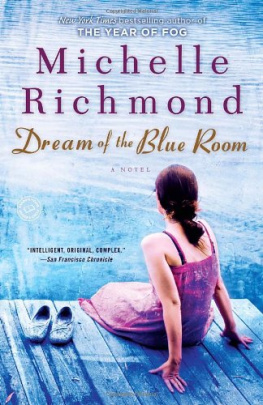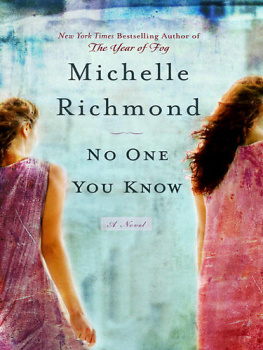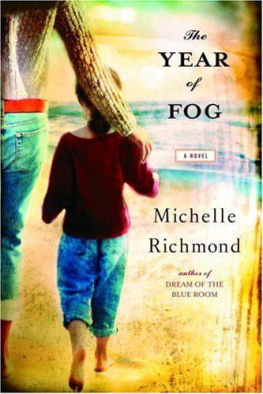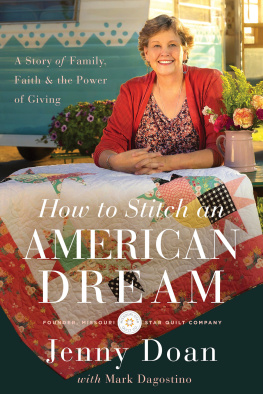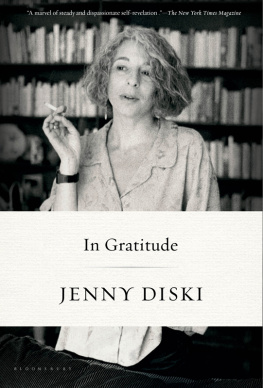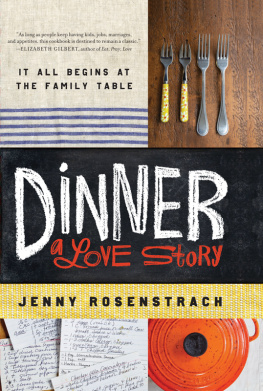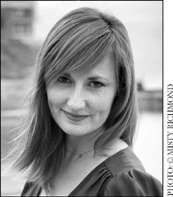ACKNOWLEDGMENTS
Thanks to Hedgebrook for giving me time and space to write; Mr. King Yiu for the apartments in Beijing and Hong Kong, and the room with a view in the Empire State Building; Elvis Paris for the translations; Doug Stewart, Jay Phelan, and Bill URen for good advice; Wiggins for the monkey story; and Wade Williams and Tracy Singer for the intangibles. Thanks to Sonny Brewer and Frank Turner Hollon for their role in the original publication of this book with MacAdam/Cage. My gratitude to Caitlin Alexander and the team at Bantam for giving this book a second life, and to my wonderful agent, Valerie Borchardt, for taking care of business so I dont have to.
I read a number of books to supplement my research for this novel. Particularly informative were Dai Qings The River Dragon Has Come!: The Three Gorges Dam and the Fate of Chinas Yangtze River and Its People, Peter Hesslers River Town: Two Years on the Yangtze, and Jan Wongs Red China Blues: My Long March from Mao to Now.
And of course, thanks to Kevin, whose fingerprints are on every page.
Also by Michelle Richmond
THE YEAR OF FOG
NO ONE YOU KNOW
M ICHELLE R ICHMOND is the New York Times and San Francisco Chronicle bestselling author of The Year of Fog, No One You Know, and The Girl in the Fall-Away Dress. Her stories and essays have appeared in Glimmer Train, Playboy, The Oxford American, and elsewhere. She has received the 2009 Hillsdale Award for Fiction from the Fellowship of Southern Writers, the Associated Writing Programs Award, and the Mississippi Review Prize. A native of Mobile, Alabama, Michelle lives with her husband and son in San Francisco, where she is at work on her next novel.
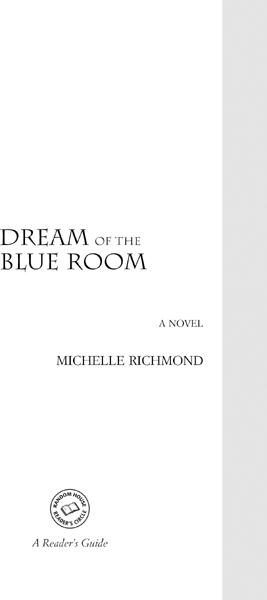
THE STORY BEHIND
Dream of the Blue Room
Dream of the Blue Room began with a classified ad in The New York Times. The year was 1997, and I was living on New Yorks Upper West Side. I had just quit my cubicle job at a major public relations firm. Desperate for a paycheck, I answered an ad for an English tutor, and a couple of days later I was being interviewed in a posh apartment in midtown by the president of a Chinese trading company who went by the name of Tony. We sealed the deal on the spot. As I understood it, my job would involve light administrative duties, along with accompanying Tony to restaurants, farmers markets, art galleries, design storesanywhere that he could learn new vocabulary.
My first day on the job, I assembled a vacuum cleaner in Tonys apartment. My task: to decode the instructions. Three hours after we began, we stood admiring the partially functioning vacuum cleaner. Thats when Tony hit me with the news: I go to China next Monday. You go Wednesday.
China? I said, trying to hide my shock. How long?
Maybe two months. Maybe three months, he said.
Id been under the impression that I would be working in the companys offices in the Empire State Building. Whatever Tony might have said about the impending trip to China during our interview had apparently been lost in translation.
That weekend I bought a travel guide, a phrase book, a refurbished laptop, and a comfortable pair of sandals. Two weeks after answering the ad, I was on a plane to Beijing, the computer stashed under the seat in front of me. If I was going to spend three months in China, I figured I might as well make a book out of it. I decided my book would be a memoirsomething about a girl from Alabama who goes to China by way of New York and discoverswhat? I hadnt planned that far ahead.
When I arrived in Beijing, I was met by a black Mercedes with tinted windows. As the driver swerved wildly through crowded streets teeming with bicycles, Tony and I sat awkwardly and silently in the backseat, the fledgling familiarity we had established during our week together in New York having entirely evaporated. An hour later, the car pulled up to a towering apartment building across the street from a shopping mall. Tony accompanied me to the penthouse, where he showed me how to work the TV, the stereo, and the karaoke machine, and promised to return the next day. After he left, I went scavenging in the kitchen. The only thing in the refrigerator was a spoiled carton of soy milk. I didnt have a single yuan to my name. I didnt speak a word of Chinese. I was hungry and had already eaten all my granola bars on the plane.
A couple of hours later, as I tried unsuccessfully for the umpteenth time to place a phone call to my boyfriend back in New York, there was a knock at the door. It was a teenaged boy, very shy, bearing a few bottles of water and a small wad of colorful paper money. I tried to ask him when Tony was coming back and where I might buy food, but he just nodded, said Thank you, and left. I took out my laptop, thinking that if I couldnt call home or feed my growling stomach, at least I could write. But the battery was dead, and my charger didnt fit into the electrical outlets. So I did what people used to do, long ago, in the dark age of letters: I took out a pen and a sheet of paper. Thus began my adventures in China.
As it turned out, Tony had very little time to be tutored. He would frequently call on a Tuesday to tell me that he would be traveling until Friday, and I could use the time as I pleased. The freedom suited me. I spent my days walking around the city, eating at roadside stalls, shopping in the flea market behind Tiananmen Square, wandering down ancient streets crowded with centuries-old hutongs. When I needed a break from the constant noise and crowds of the capital, Id take a taxi to the Forbidden City and find an empty corner within the majestic walls to read. One of the books I read in China was Dream of the Red Chamber, the classic seventeenth-century novel by Tsao Hsueh-Chin. Eventually, I would turn to Hsueh-Chin as the inspiration for the title of my first novel.
I also took several trips outside the city. One of the most interesting was to Xian, where I saw the legendary terra-cotta warriors. On the bus ride into Xian from the airport, I met a Chinese geologist who was surprisingly candid about the Three Gorges Dam, the construction of which was then underway. I had been doing some reading about the dam, so I knew the basic facts. Millions of people who lived along the Yangtze would be forced to evacuate their homes to make way for the dams reservoir, which would be the largest manmade lake in the world. Hundreds of thousands of ancient artifacts would be destroyed. Thousands of towns and cities would be inundated. According to the geologist, the dam was a disaster waiting to happen; he was certain it would eventually result in catastrophic flooding. Although there was a great deal of antidam sentiment, it wasnt a subject many were willing to talk about. Despite recent nods to a more open society, speaking out against the communist government was still a very dangerous thing to do in China.
I found myself writing a lot about the dam during those months, as well as about the people I met during my travels. Upon returning home, however, I realized that my heart wasnt in the memoir. There was another story I wanted to tell, and it wasnt about myself. The story I wanted to tell was about Amanda Ruth, an eighteen-year-old Chinese American girl who is mysteriously murdered in a small town in Alabama. As soon as the idea for the story came to me, I knew it would be told by her best friend, who journeys up the Yangtze River more than a decade later to scatter Amanda Ruths ashes near her ancestral village. I was interested in racial and sexual prejudice, in the ways we use the concept of difference and the fear of things we do not understand to define ourselves against others. I was interested in the damage this kind of thinking can do. While Amanda Ruths early death may make her a tragic character, she is also a courageous character; it was her courage that drew me to her. This is a young woman who defies the constraints her own closed societyliving life without apology, and on her own terms.

